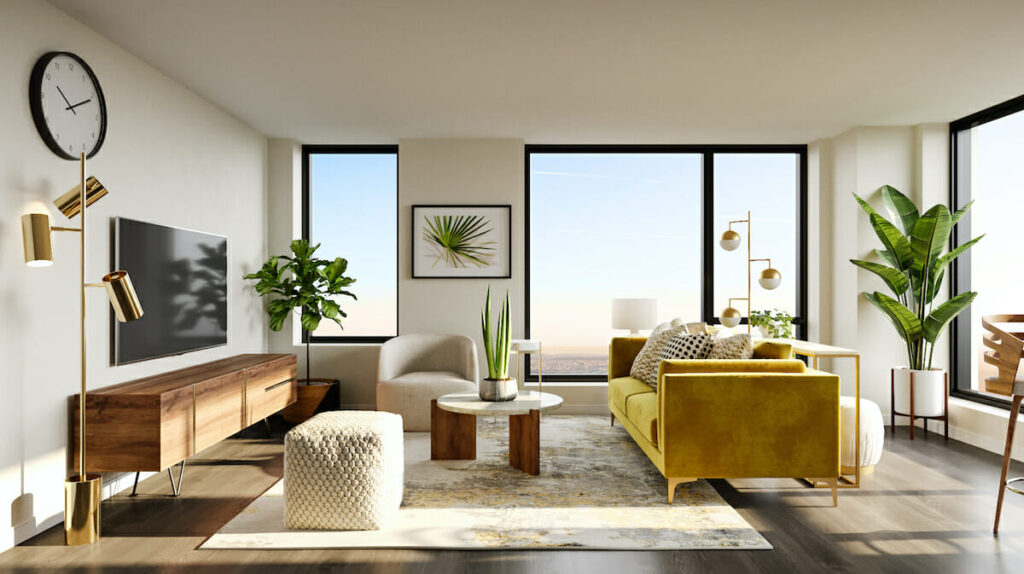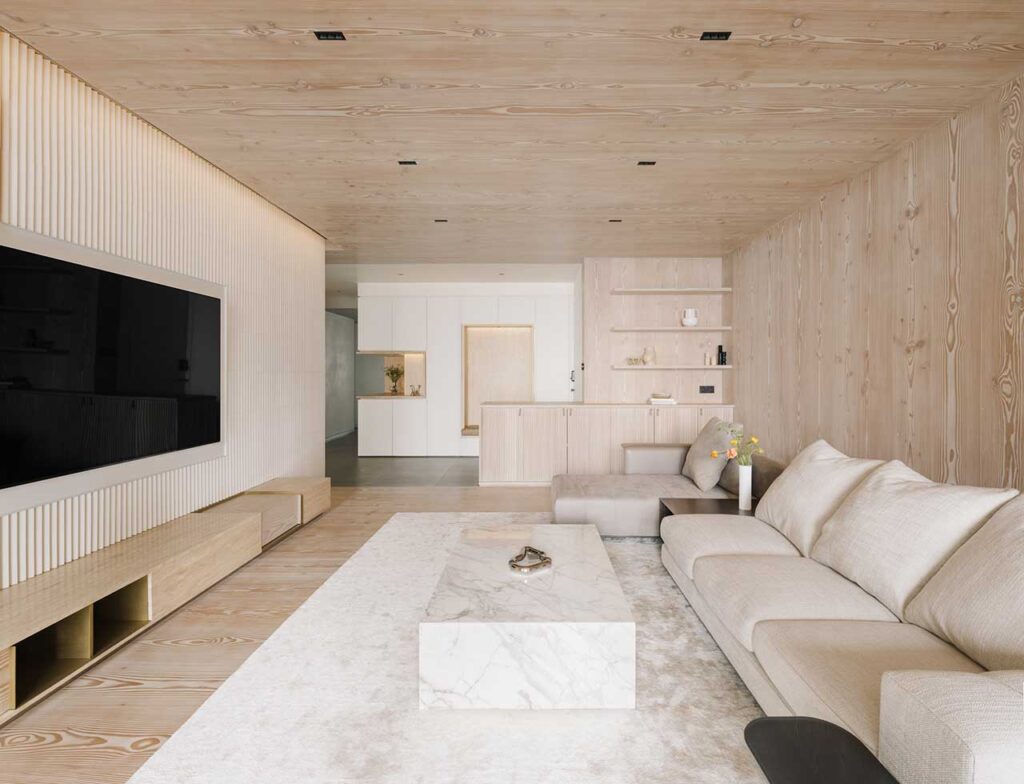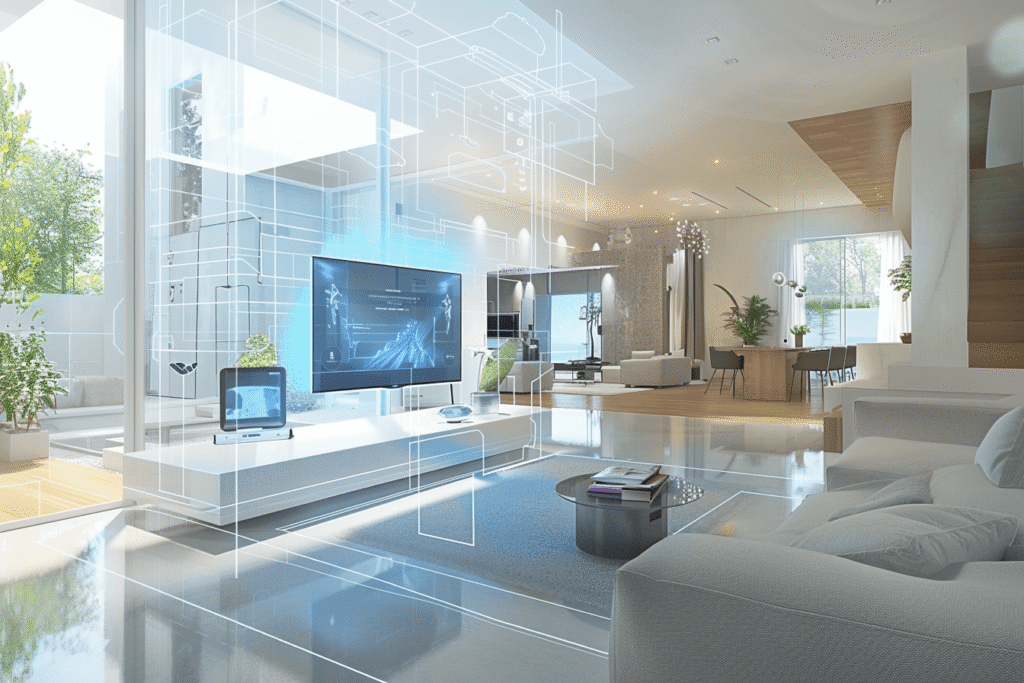Niche Design & Lifestyle: Crafting Spaces That Reflect Who You Truly Are!
Interior design isn’t just about colors and furniture it’s about creating environments that support how you live. That’s where niche design comes in: a focused, personalized approach that blends your lifestyle, values, and habits into the heart of your space.
Let’s explore what niche design means, how it connects to lifestyle, and why it’s becoming essential in today’s homes.
What Is Niche Design?
Niche design refers to designing interiors with a specific purpose, personality, or lifestyle in mind. It goes beyond generic trends and focuses on a particular kind of user or way of living.
Examples include:
- Minimalist design for digital nomads
- Boho-chic for creative artists
- Wellness-focused interiors for holistic living
- Tech-integrated homes for remote workers or gamers
- Pet-friendly homes
- Sustainable design for eco-conscious lifestyles
Niche design is not one-size-fits-all—it’s tailor-made.
Why Lifestyle Should Shape Design
Your daily routine, passions, work, habits, and even beliefs all influence how your home should function and feel. The right design supports your lifestyle instead of fighting against it.
Examples:
- A content creator needs good lighting, soundproofing, and a visually aesthetic workspace.
- A fitness-focused individual may want a home gym space, calming colors, and wellness zones.
- A spiritual person might prioritize natural materials, meditation corners, and biophilic design.
Design should make your life easier, richer, and more aligned with who you are.
How to Create a Niche Design That Aligns With Your Lifestyle
Niche design is not one-size-fits-all—it’s tailor-made.
Here’s a process you or your designer can follow to achieve lifestyle-aligned interiors:
1. Lifestyle Mapping
Start with questions like:
- What does a typical day in your life look like?
- What activities do you want your space to support?
- What kind of energy or feeling do you want in your home?
2. Function First, Aesthetics Second
While beauty is important, the space should work for you. Think storage needs, comfort, tech integration, lighting, etc.
3. Personal Touches Matter
Include artifacts, books, art, or handmade items that tell your story or represent your identity.
4. Flexible & Evolving
Your niche isn’t static—design should leave room for growth. A hobby room today might need to be a nursery or office tomorrow.
Popular Niche Design Styles (With Lifestyle Examples)
Eco-Luxury Living
- Lifestyle: Sustainable, conscious, slow living
- Features: Upcycled furniture, organic materials, energy-efficient lighting

Urban Minimalism
- Lifestyle: Fast-paced, clutter-free, modern
- Features: Neutral palettes, multifunctional furniture, smart storage

Creative Studio Loft
- Lifestyle: Artists, writers, designers
- Features: Open layout, mood boards, bold colors, vintage inspiration
Tech-Integrated Smart Home
- Lifestyle: Remote work, innovation, convenience
- Features: Smart lighting, home automation, ergonomic work zones

Wellness Retreat
- Lifestyle: Mindfulness, health, balance
- Features: Indoor plants, aromatherapy zones, calming tones, meditation space
The Psychology Behind Niche Design
Spaces influence how we think, feel, and act. When your environment mirrors your lifestyle and values:
- You feel more grounded and productive
- Your space becomes a source of energy rather than stress
- You strengthen your sense of identity and purpose
That’s the power of personalized design.
Ready to Find Your Niche design?
Ask yourself:
- What do I need from my home today?
- What does my lifestyle say about the kind of environment I thrive in?
- Am I designing for myself—or based on trends?
When you embrace design, you move beyond the surface and create a space that feels like home, because it fits your life.
Final Thoughts
Niche design is more than a design trend—it’s a mindset shift. It’s about honoring who you are and crafting a home that supports you emotionally, functionally, and aesthetically.
Whether you’re a minimalist, a home chef, a remote worker, or a spiritual seeker—there’s a design niche for you. And when your lifestyle leads the design, your space becomes an extension of you.

